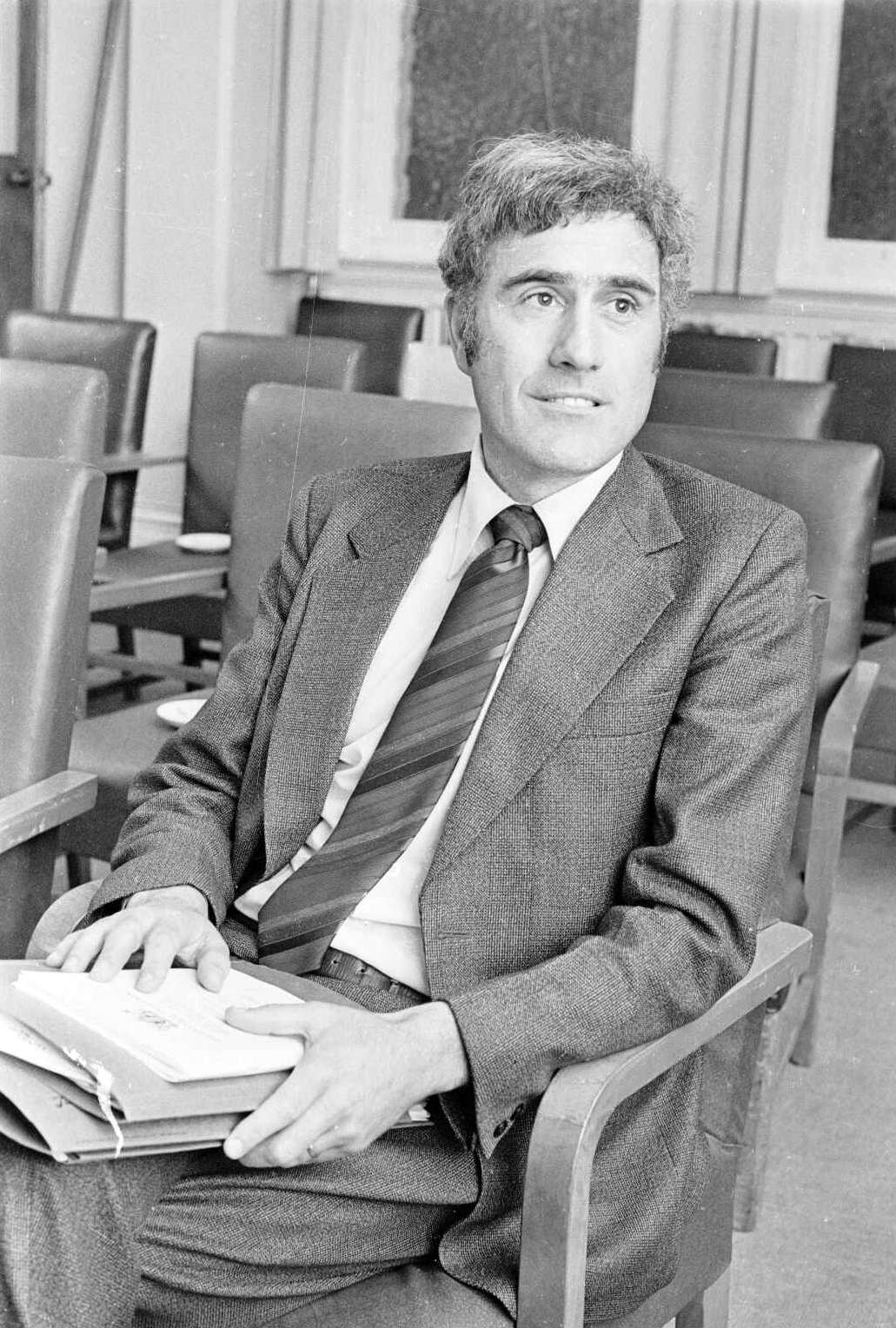Palmer, Geoffrey (1942-…), served as prime minister of New Zealand from August 1989 to September 1990. Palmer led New Zealand’s Labour Party. The Labour Party is a center-left political party that generally favors socially liberal policies. Palmer was prime minister for just over a year, and he served during a difficult period in the Labour Party’s history. As a politician, he had a significant impact on New Zealand law and politics. His government passed the New Zealand Bill of Rights Act 1990, which set forth the fundamental civil and political rights of the country’s citizens.
Palmer has had a long career as a lawyer and educator. His work both before and after his political career influenced a variety of government policies and reforms. A former minister for the environment, he made a number of important contributions to New Zealand environmental law. He helped establish policies to combat global warming. Global warming is the increase in the average temperature at Earth’s surface.
Early life and family
Geoffrey Winston Russell Palmer was born on April 21, 1942, in Nelson, on New Zealand’s South Island. He attended Nelson Central School, where he met his future wife, Margaret Eleanor Hinchcliff. He then attended Nelson College, a high school for boys, and studied political science and law at Victoria University of Wellington. He also studied in the United States at the University of Chicago, where he received a graduate degree in law in 1967. Palmer worked as a solicitor (lawyer) in Wellington from 1964 to 1966 before becoming a professor. 
Palmer at first taught political science at Victoria University. He then went to the United States to teach law at the universities of Iowa and Virginia from 1969 to 1973. He returned home to teach family and English law at Victoria in 1974. Palmer has written a number of books on law and politics, plus many articles for scholarly journals. Palmer’s areas of research and writing include human rights, relations between the courts and other areas of government, accident compensation (repayment), and privacy.
Palmer married Margaret Hinchcliff in 1963. They have a son, Matthew (born in 1964), and a daughter, Rebekah (born in 1969). Matthew Palmer became an important legal scholar and government official.
Political career
Geoffrey Palmer joined the Labour Party in 1975. On Aug. 18, 1979, he won election to the Christchurch Central seat in the New Zealand Parliament. During his career in Parliament, Palmer helped change many government departments into state-owned corporations. He also worked to improve New Zealand’s management of natural resources.
In 1983, Palmer became deputy leader of the Labour Party. From 1984 to 1987, he was leader of the House of Representatives. Palmer was deputy prime minister, attorney general, and minister of justice from 1984 to 1989. He was also minister for the environment from 1987 to 1990. His work in this portfolio (area of official responsibility) led to the passing of the Resource Management Act in 1991. This act set the basis for regulating the use of New Zealand’s natural resources.
During the late 1980’s, the Labour Party’s David Lange served as prime minister. However, political disagreements divided the party. Several Labour Party members left to create the New Labour Party, which later merged with other small parties to form the Alliance Party. The problems in the Labour Party caused Lange to resign his office on Aug. 8, 1989. Palmer then replaced him as Labour Party leader and prime minister.
Despite the Labour Party’s difficulties, Palmer’s government succeeded in passing the New Zealand Bill of Rights Act 1990. The Bill of Rights Act seeks to “affirm, protect, and promote human rights and fundamental freedoms in New Zealand.”
Political observers gave the Labour Party little chance to succeed in the 1990 general elections. Palmer stepped down as prime minister on Sept. 4, 1990. Labour chose Mike Moore to replace him, but Moore’s time as prime minister was brief. The National Party defeated Labour in general elections on October 27, and Jim Bolger became prime minister.
Life after politics
Palmer left Parliament in 1990 and returned to teaching and the practice of law. He lectured at the University of Iowa and at Victoria University of Wellington. Queen Elizabeth II of the United Kingdom granted him a knighthood in 1991, and he became Sir Geoffrey Palmer. Palmer also became a Queen’s Counsel and a member of the Privy Council, an honorary council appointed by the British Crown.
Palmer acted as an adviser on accident compensation to the governments of Australia, Sri Lanka, and Cyprus. In 1995, he served as a special judge on the International Court of Justice for a case involving French nuclear tests in the South Pacific Ocean.
In 2002, Palmer began serving as New Zealand’s commissioner to the International Whaling Commission (IWC). The IWC works to protect whale populations and to regulate whaling around the world. From 2005 to 2010, Palmer was president of New Zealand’s Law Commission. The commission is a government-funded organization that reviews, reforms, and develops New Zealand’s laws.
In May 2010, Turkish ships carrying humanitarian aid to the Gaza Strip, a Palestinian-inhabited territory blockaded by Israel, were intercepted in international waters by Israeli authorities. Israeli soldiers stormed one of the boats, killing nine people. Palmer was appointed chair of a United Nations inquiry into the incident.
One of the best-known books Palmer wrote during his early career was Unbridled Power?: An Interpretation of New Zealand’s Constitution and Government (1980). Decades later, Palmer and his son, Matthew, worked together on Bridled Power: New Zealand’s Constitution and Government (2004). The book presents an updated and expanded examination of New Zealand’s government.
